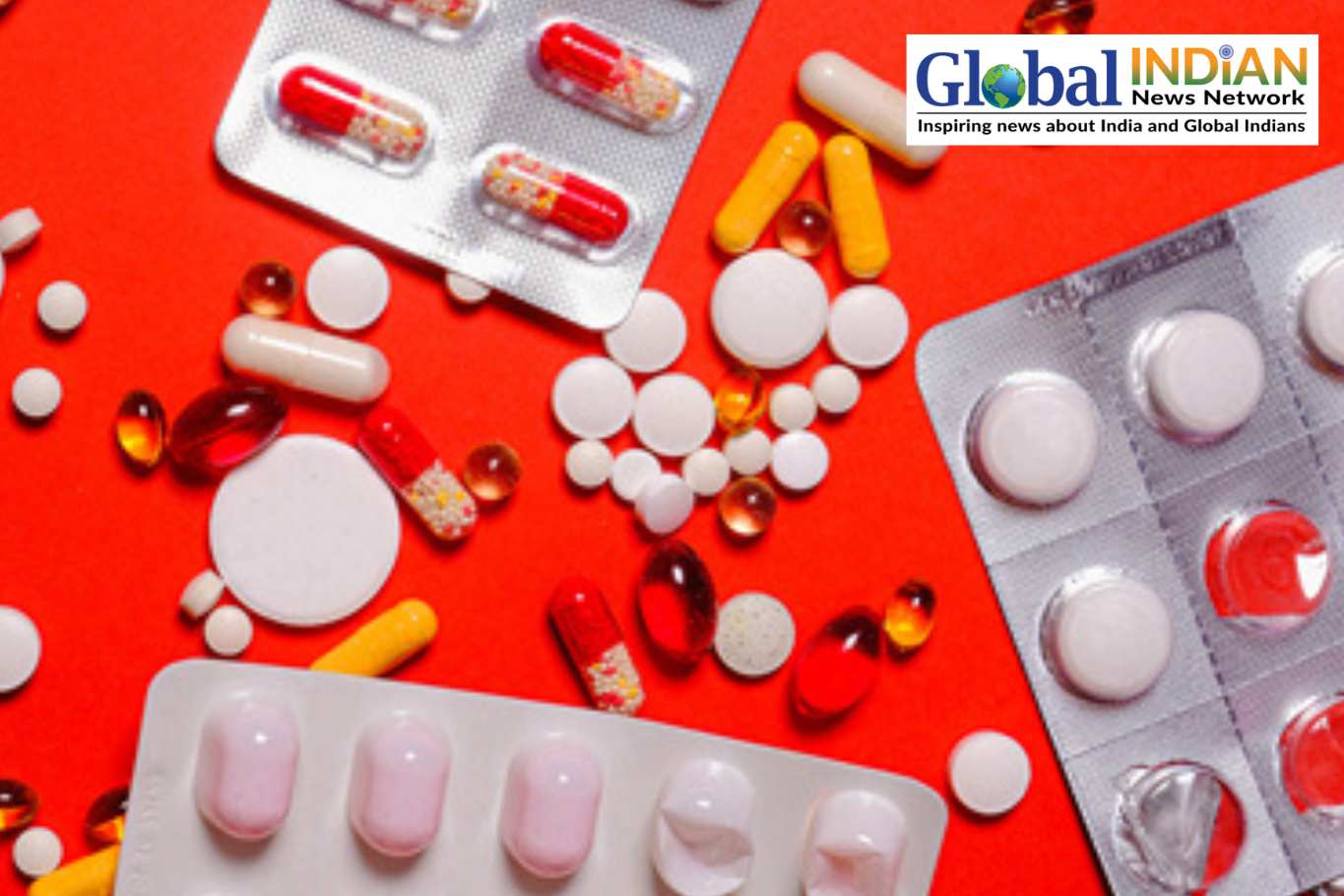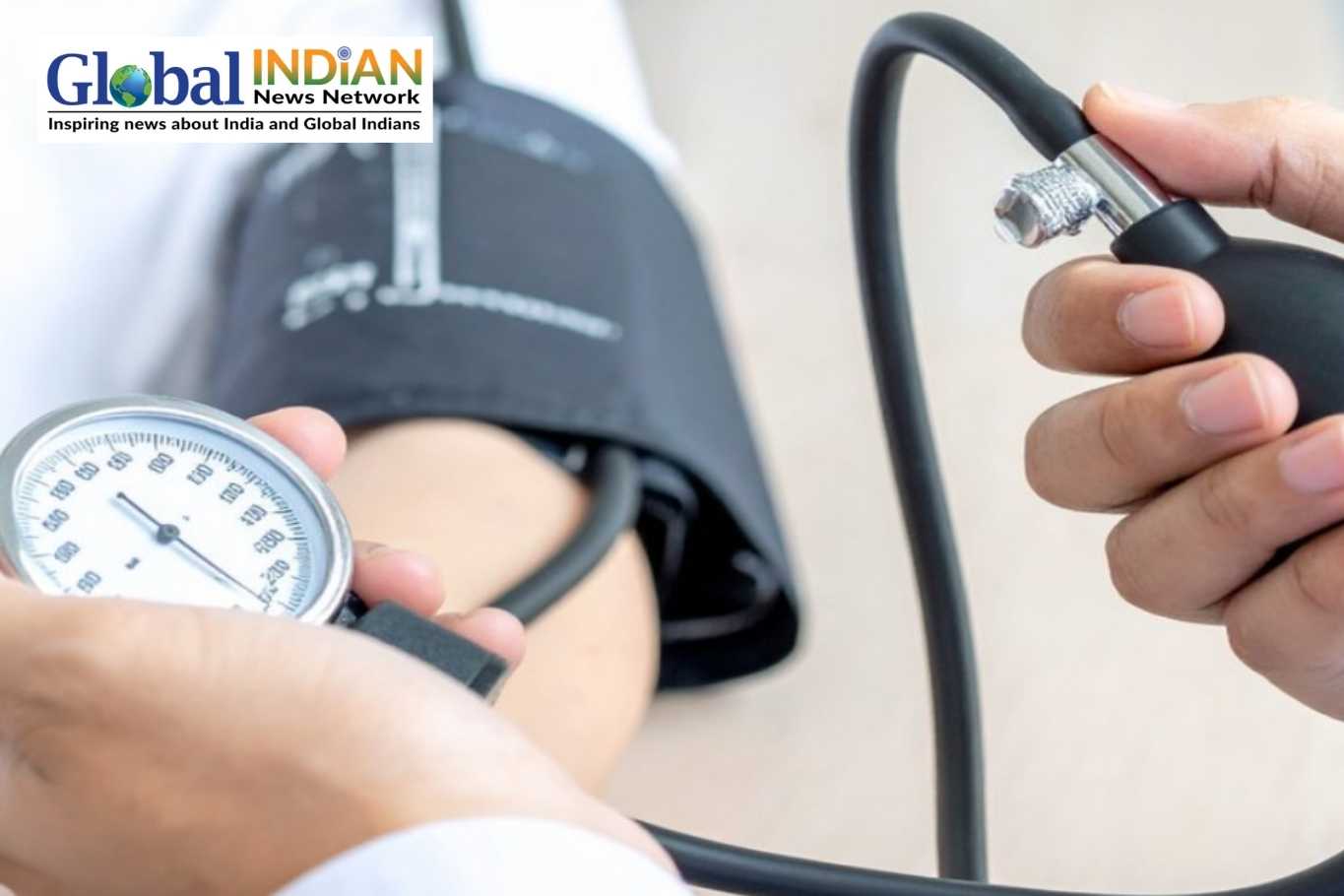
A recent pair of analyses conducted by an international research team indicates that several common beverages may elevate the risk of first ischemic strokes and intracerebral hemorrhages (ICH). The studies point to carbonated drinks, fruit juices, and the consumption of more than four cups of coffee daily as significant contributors to these risks.
The analyses were based on data from the extensive INTERSTROKE case study, which initially involved 26,950 participants across 32 countries and was published in 2016. Researchers from McMaster University in Ontario, Canada, and the University of Galway in Ireland conducted the current analyses, revealing variations in beverage-related risks based on geographic location and population.
Key findings include:
Carbonated Drinks: Both sugar-sweetened and artificially sweetened carbonated beverages, such as sodas, are associated with a 22% increased likelihood of first stroke or ICH, particularly in regions such as Africa, Eastern and Central Europe, the Middle East, and South America.
Fruit Juices and Drinks: These beverages elevate the risk of ICH by 37%, with women being more susceptible than men. Consuming two fruit drinks per day may triple this risk, likely due to the high sugar content and added ingredients that diminish their health benefits.
Coffee Consumption: Drinking over four cups of coffee a day raises the risk of first stroke by 37%, while moderate consumption (less than four cups) does not appear to increase this risk.
Tea: The analyses found that tea may have a protective effect against stroke in South America and China, but it is linked to a higher risk in South Asia.
Water Intake: Drinking more than seven cups (56 oz.) of water daily is associated with an 18% reduction in stroke risk.
The findings regarding carbonated beverages and fruit drinks were published in the Journal of Stroke, while the study on coffee and tea appeared in the International Journal of Stroke.
Expert Opinions on Beverage Risks
Christopher Yi, a board-certified vascular surgeon at Memorial Orange Coast Medical Center in California, noted that the high sugar content in regular carbonated drinks can lead to obesity, diabetes, and hypertension, all of which are significant risk factors for ischemic strokes and ICH. He also highlighted that the sugar additives in fruit drinks can cause rapid blood sugar spikes, leading to inflammation and endothelial dysfunction.
Jayne Morgan, MD, a cardiologist at Piedmont Healthcare Corporation in Atlanta, emphasized that artificial sweeteners could adversely affect vascular health, contributing to inflammation and increasing stroke risk. She referenced a 2019 study that found individuals consuming two or more artificially sweetened beverages daily had a higher risk of stroke than those who consumed fewer or none.
Coffee, Tea, and Water: A Comparative Analysis
Yi advises moderation in coffee consumption, as the caffeine can raise blood pressure, potentially increasing stroke risk. However, coffee also contains polyphenols that have anti-inflammatory and antioxidant properties, improving vascular function. Variations in coffee studies may arise from differences in population characteristics, preparation methods, and lifestyle factors.
Morgan noted that the research on coffee is inconsistent, while tea studies have yielded more reliable results. Specifically, consuming three to four cups of black tea daily can lower stroke risk by 29%, and the same amount of green tea can reduce it by 27%, attributed to the antioxidants present in tea.
In regions where tea is linked to lower stroke risk, adding milk appears to diminish its health benefits, possibly due to its interference with antioxidant effects.
Morgan highlighted the importance of water in preventing dehydration, a serious stroke risk factor. Dehydration can lead to thicker blood, increasing clot risk. Adequate hydration helps maintain optimal blood volume, which is crucial for regulating blood pressure—a significant stroke risk factor.









